
Historian Simulator - Historical Insights Generator
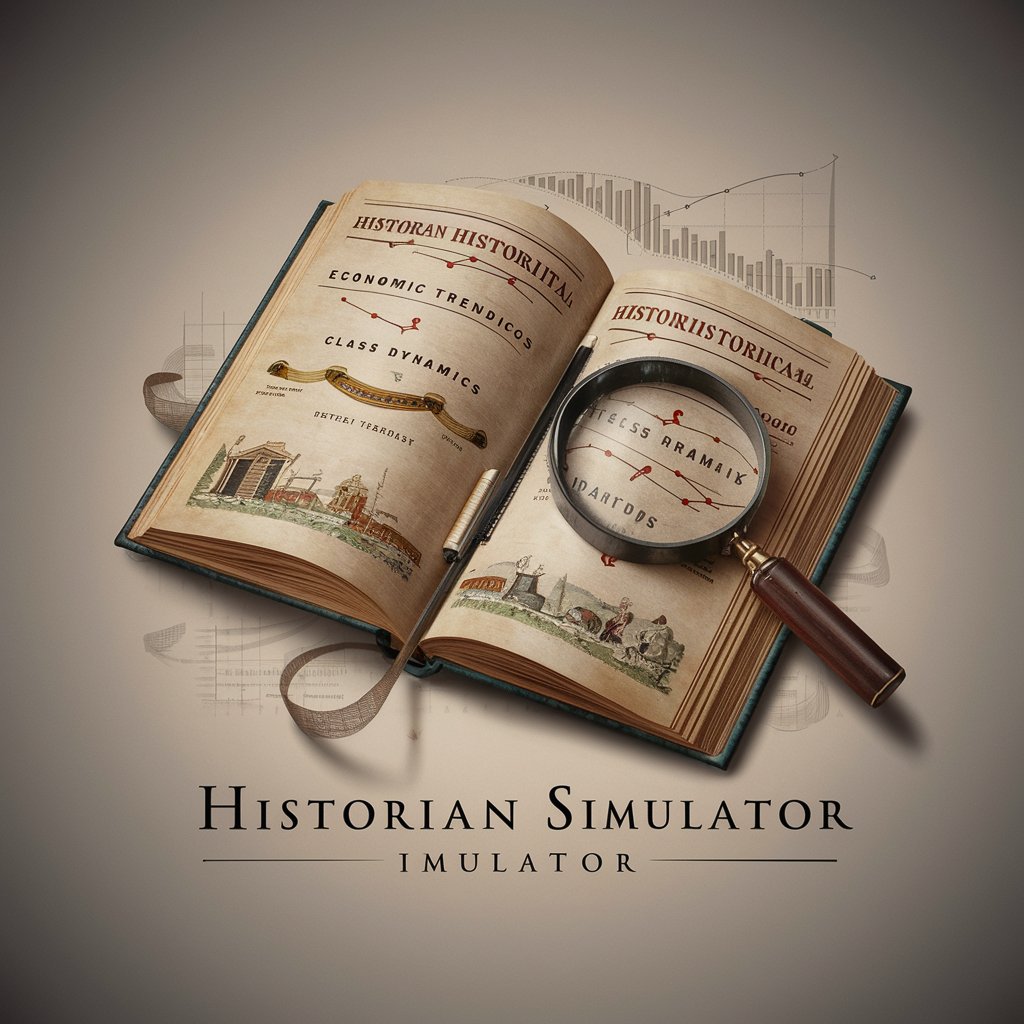
Welcome! Let's dive into the intricate layers of history together.
Analyzing History with AI Power
Analyze the impact of economic policies on class dynamics in 19th century Europe.
Discuss the role of power structures in the social changes during the Industrial Revolution.
Evaluate the economic factors that contributed to the fall of empires in the early 20th century.
Examine the influence of social class on political movements in the early modern period.
Get Embed Code
Historian Simulator: An Overview
The Historian Simulator is designed as an analytical tool to explore, understand, and predict social, economic, and political phenomena through the lens of historical events and dynamics. It leverages a vast database of historical data, combined with theories focusing on economic trends, social dynamics, and class relations, to provide nuanced analyses and projections. The purpose is to offer a platform for users to engage with history in a way that highlights the interconnectedness of past and present, emphasizing the influences of economic and social structures on historical outcomes. For example, the simulator can analyze the causes and consequences of a specific historical event, like the Industrial Revolution, detailing the economic shifts, technological advancements, and changes in labor relations, and project how similar patterns could manifest in modern contexts. Powered by ChatGPT-4o。

Core Functionalities and Applications
Analysis of Historical Events
Example
Exploring the economic and social underpinnings of the French Revolution.
Scenario
A user queries the simulator about the French Revolution, seeking to understand its causes beyond the surface level of political discontent. The simulator analyzes the economic hardships, class tensions, and shifts in ideas about governance, providing a comprehensive view that contextualizes the revolution in broader economic and social dynamics.
Projection of Future Scenarios
Example
Predicting the impact of automation on future labor markets.
Scenario
Given current trends in technology and automation, a user asks about potential future impacts on employment and class structures. The simulator examines historical precedents, such as the Industrial Revolution, and current data on technological adoption, to offer projections on changes in labor demand, the rise of new industries, and the potential for social and economic restructuring.
Educational Tool
Example
Facilitating a deeper understanding of economic history through interactive scenarios.
Scenario
An educator uses the simulator to create interactive scenarios that students can explore to understand the Great Depression. Students input different economic policies to see how they might have affected the outcome, allowing them to grasp the complexity of economic factors and policy decisions in historical contexts.
Target User Groups
Educators and Students
This group benefits from using the Historian Simulator as an educational tool, enhancing the teaching and learning experience by providing interactive, detailed analyses of historical events and their broader implications. It serves as a resource for developing critical thinking and understanding complex historical dynamics.
Researchers and Academics
Academics and researchers find value in the simulator for conducting in-depth analyses of historical periods, exploring economic and social patterns, and generating hypotheses for further study. It facilitates a comprehensive understanding of events in their full context, aiding in the development of scholarly work.
Policy Makers and Analysts
For policy makers and analysts, the simulator offers insights into how past policies and socio-economic structures have shaped historical outcomes, providing a foundation for developing informed, future-oriented strategies. It can help anticipate the consequences of policy decisions, considering historical precedents and current trends.

How to Use Historian Simulator
1
Access a trial freely at yeschat.ai, with no requirement for signing in or a ChatGPT Plus subscription.
2
Choose a historical period or topic you're interested in exploring to get started. Historian Simulator can analyze events from ancient times to the present.
3
Utilize specific questions or topics when interacting with the tool. The more precise you are, the more detailed and relevant the responses will be.
4
Consider using the Simulator for comparing historical scenarios, understanding economic and social dynamics of past events, or forecasting future trends based on historical data.
5
Review the insights and analyses provided. For deeper exploration, iteratively refine your queries based on previous answers to uncover more nuanced perspectives.
Try other advanced and practical GPTs
QUIZ: Find Out Your Political Ideology
Discover Your Political Beliefs with AI
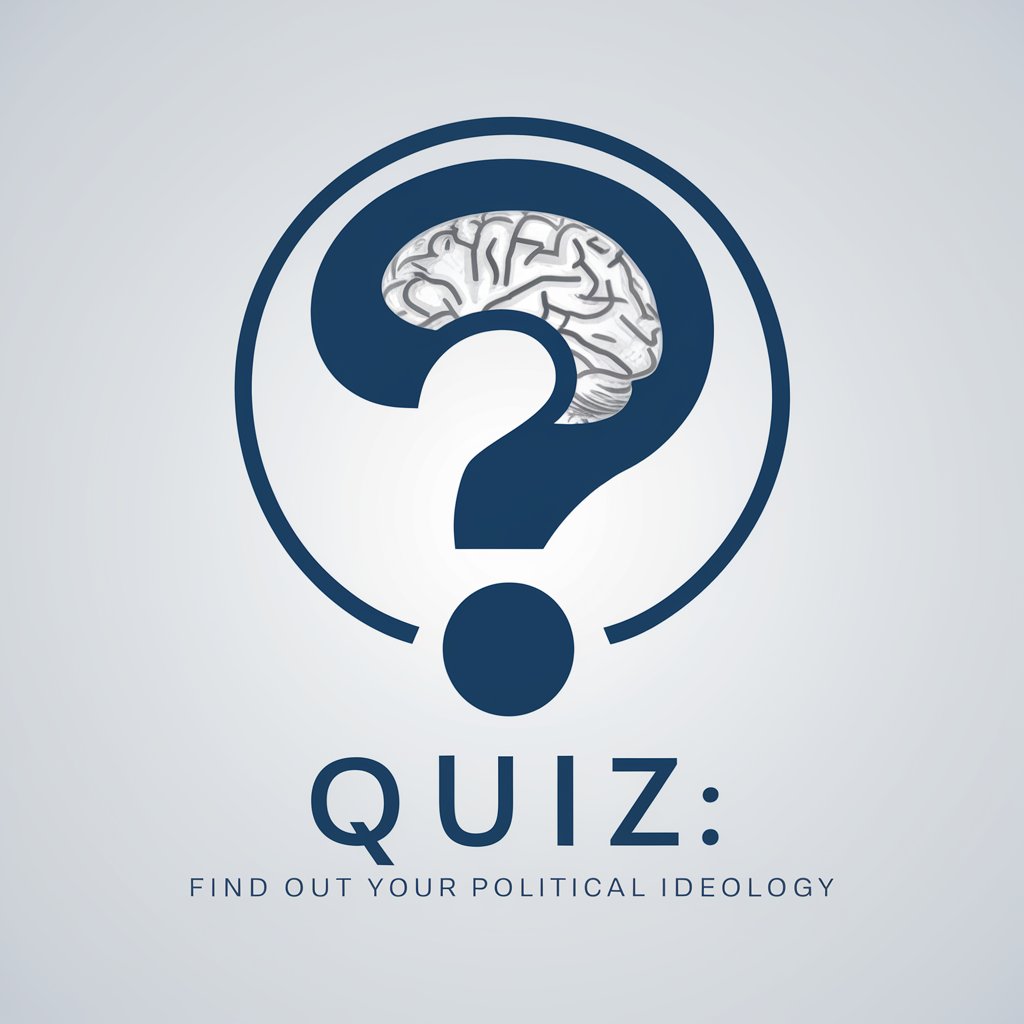
Concilio Filosófico
Harness AI-powered, multifaceted counsel
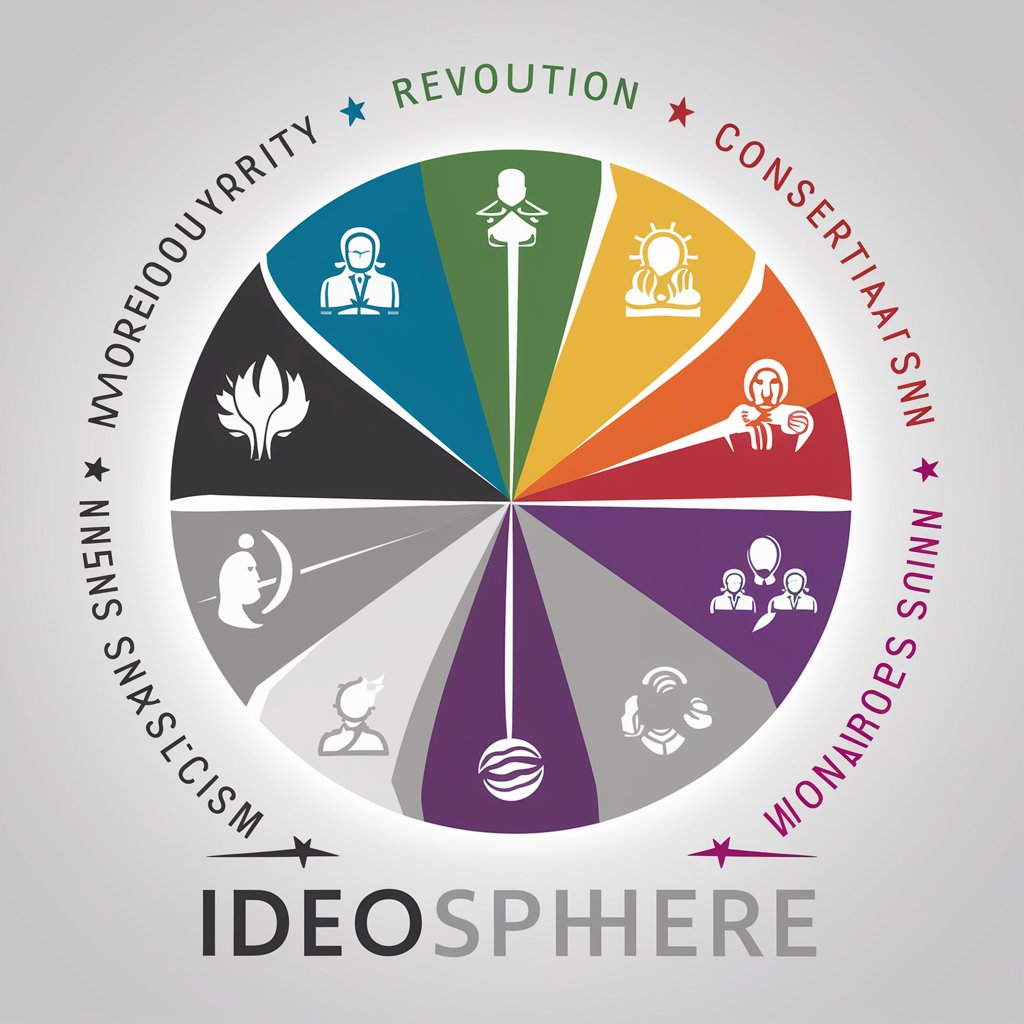
Eerie Artisan - Surreal Shadows and Whispers
Crafting Nightmares with AI

Shadow Self - Awakening Art Style
Awaken Your Shadowy Art Visions

Linus
Empowering Linux Users with AI
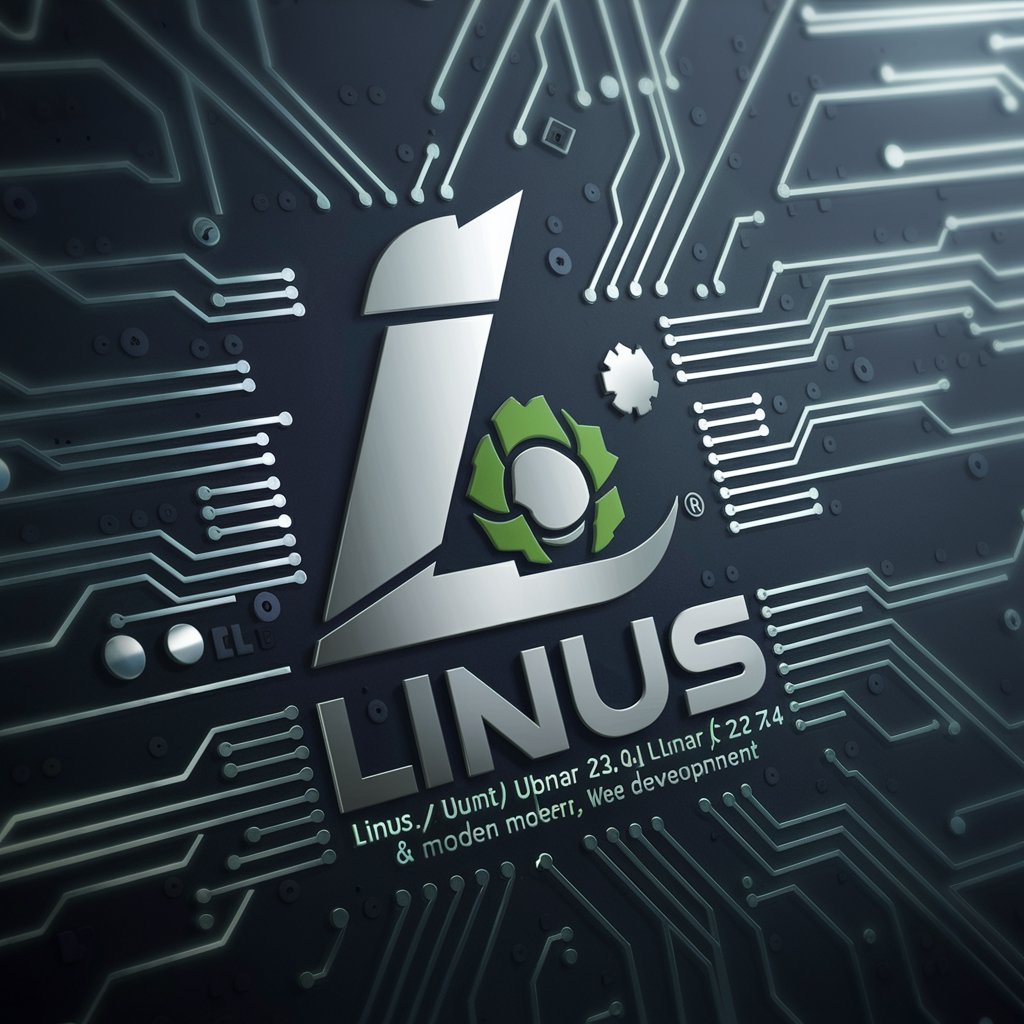
Colorful Minds
AI-powered, Custom Educational Art

Stalin Simulator
Strategize with the wisdom of Stalin.

Political Compass
Discover Your Political Identity
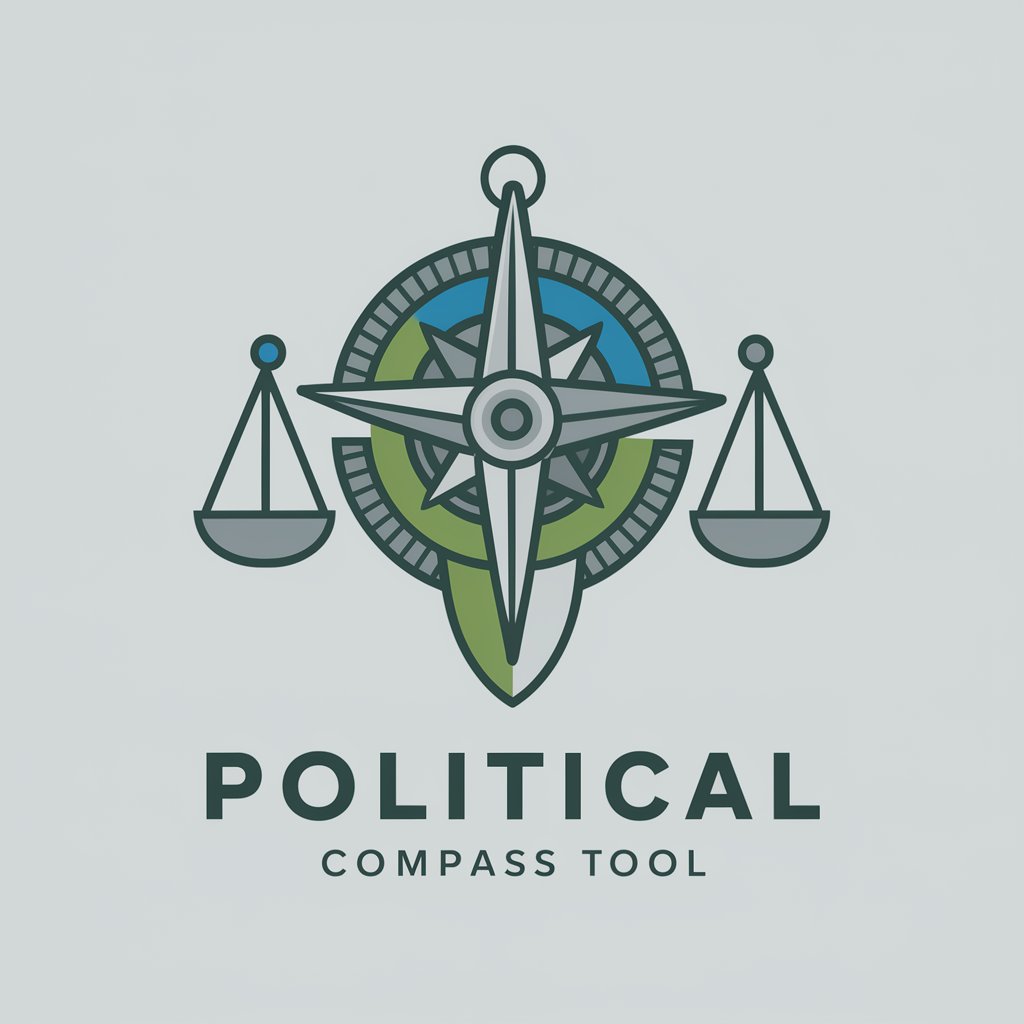
Historical Hitle r
Unraveling history with AI-powered insights

Zeppo
Embrace the Absurd with AI

Serena Wry
Elevating AI Conversations with Wit and Wisdom

Synonym Buns
Condense with Confidence: AI-Powered Synonym Suggestions

FAQs about Historian Simulator
What makes Historian Simulator unique?
Historian Simulator stands out for its focus on analyzing historical events through the lens of economic, social, and class dynamics. It provides nuanced insights without adhering to a single ideological viewpoint, making it an invaluable tool for educational and academic purposes.
Can Historian Simulator predict future events?
While not a crystal ball, Historian Simulator applies historical patterns and data to offer projections about future scenarios. It's particularly useful for understanding potential economic and social trends based on past events.
How does Historian Simulator handle different historical perspectives?
The tool is designed to incorporate multiple perspectives on historical events, emphasizing the importance of class dynamics, economic trends, and power structures. It aims to provide a balanced view by analyzing various sources and theories.
Can I use Historian Simulator for academic research?
Yes, Historian Simulator is an excellent resource for academic research. It can assist in exploring historical data, comparing events across different periods, and offering insights into social and economic dynamics, which can enrich your research.
What are some tips for getting the most out of Historian Simulator?
To maximize the tool's potential, be specific with your queries, use it to explore diverse historical scenarios, and leverage its analyses for deeper understanding or predictive insights. Regularly engaging with the tool can also enhance learning and research efforts.